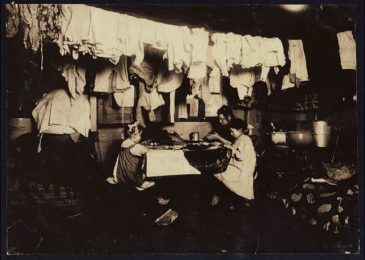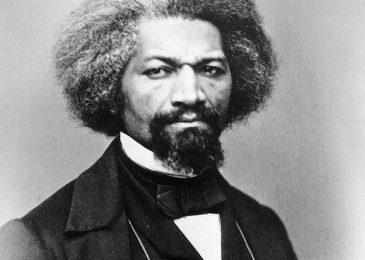To generalize, the mainstream media only knows one form of “evangelicalism,” which can be frustrating.
In his book, American Apocalypse: A History of Modern Evangelicalism, historian Matthew Avery Sutton primarily focuses on the apocalyptic radicalism of early fundamentalist-evangelicals, which went from being the overwhelmingly dominant perspective to fissuring into various tracks.
Here’s a nice summary of the divergence using the metaphor of tracks:
At precisely the same time that elite, highly credentialed leaders like [Carl] Henry and [Harold] Ockenga were downplaying radical apocalypticism in order to create a respectable movement that could exercise serious influence in national and global politics, populist ministers like [Hal] Lindsey and [Tim] LaHaye, as well as more respectable theologians like [John] Walvoord, reconnected evangelicalism with the kinds of strident apocalypticism that hark back to the 1930s.
[Billy] Graham meanwhile masterfully straddled both worlds.
From the 1970s on, evangelicalism evolved along multiple, sometimes overlapping tracks.
Powerful, articulate, reputable white men who worked to give evangelicalism mainstream credibility through institutions like Fuller Seminary and publications like Christianity Today ran on one;
uninhibited, hard-core, premillennial populists, whose work demonstrated that evangelicals could never truly separate from the apocalyptic theology that had birthed their movement, ran on another;
and progressive-minded evangelicals like those who had organized Evangelicals for Social Action ran on a third.
Although white evangelicals on all three tracks were starting to work with some African Americans, for the most part black evangelicals continued to labor through their own ministries and institutions on yet another track. They had little incentive for partnering with the white evangelicals who had for so long privileged race over theology. (p. 351)
So the next time you hear someone refer to “the evangelicals,” a good first question to ask might be, “Which ones?”






